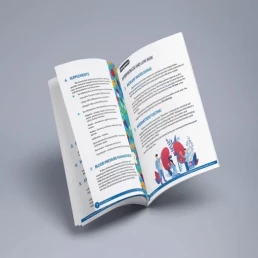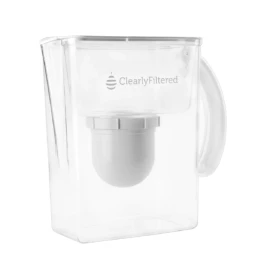We combed through multiple medical journals looking for the latest research on the Integrative approach to kidney health. We know your time is valuable, so we curated and summarized these studies for you. Welcome to the InKidney March Research and News.
March Research and News
Another Coffee study, but this one makes sense
Every few months, studies come out investigating the link between coffee consumption and various health outcome. Most studies pool all individuals together and look into the amount of coffee drinking and a specific outcome.
Not this one!
Caffeine is metabolized by cytochrome P450 1A2 (CYP1A2), and genetic variation in CYP1A2 impacts the rate of caffeine clearance.
Some people are fast metabolizers, while others are slow metabolizers. This is why pooling individuals together in research studies may lead to different and sometimes contradictory results.
During 7.5 years of follow-up of 604 untreated adults with stage 1 hypertension from the Hypertension and Ambulatory Recording Venetia Study, those with genetic variants in CYP1A2 who were slow metabolizers of caffeine and had heavy coffee intake (>3 cups/day) were:
- 2.7 times more likely to develop albuminuria,
- 2.5 times more likely to develop hyperfiltration
- 2.8 times more likely to develop hypertension
No associations were observed between coffee intake and albuminuria, hyperfiltration, or hypertension among fast metabolizers of caffeine.
So, the answer to “does drinking coffee affects my kidneys?” is: it depends on your genes.
Join us to end the kidney disease epidemic and receive the FREE Report “5 Pitfalls to Avoid When Caring for Kidney Patients”
The mind-body connection in CKD
In a study published in Kidney360, investigators analyzed data from 2,361 individuals with mild to moderate chronic kidney disease (CKD) in the CRIC study. They looked at the link between depression and CKD progression.
They used the Beck Depression Inventory (BDI) to stratify the patients into three groups: persistently low BDI score, persistently moderate BDI score, and persistently high BDI score.
A higher BDI score means worse depression.
They found that moderate and high BDI scores were associated with a rapid decline in kidney function (eGFR).
Low educational attainment, cigarette smoking, and poor quality of life were associated with higher BDI scores.
You can download your own BDI from this link.
Hypertension and inflammation: exploring the link
This review article was published in Current Opinion in Nephrology and Hypertension. It explored the role of inflammation in hypertension and end-organ damage.
The review highlights how immunomodulatory interventions improve outcomes in hypertensive patients independent of arterial pressure. This is especially true for studies targeting interleukin IL-1β, IL-6 and IL-17.
Studies that looked at other markers (αvβ-3 integrin and matrix metalloproteinase-2) found that modulating them can enhance nitric oxide production and decrease endothelial inflammation.
How can you use this in practice?
1. Assessing for inflammation in your patients with hypertension. This can be done by using a simple marker such as the neutrophil-to-lymphocyte ratio (NLR). More advanced markers, such as IL-6, can also be measured.
2. Help patients decrease inflammation by eating more anti-inflammatory food, exercising, getting proper dental care, and managing stress.
3. Increase nitric oxide with a diet rich in vegetables and antioxidants and even supplements such as L-arginine or L-citrulline.
Join here to receive FREE monthly updates on the latest research in Integrative Nephrology and tips on managing kidney disease straight to your inbox.
We would love to hear your feedback. Let us know what you think of these educational materials and if you like us to focus on specific topics. Please email us at info@inkidney.com.





